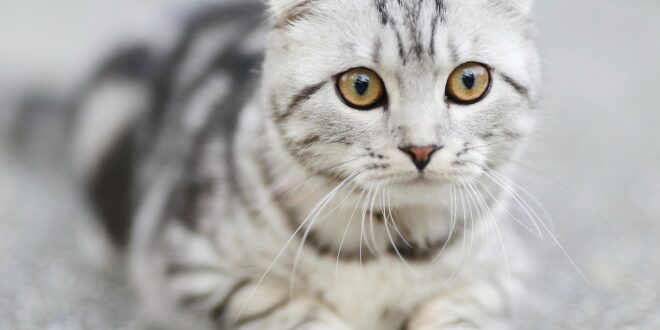As research into the nature of animals advances, we also continue discovering that some pets do, in fact, feel certain emotions. Although little research has been carried out with cats in particular, cat owners generally believe their pets recognise those they know well, and relate to them (we have only to witness our cat’s reaction to a stranger, as it scuttles under the chair or out the door, to know this). What research has been done on cats, shows they are able to differentiate between positive and negative emotion in humans, and they take time to adjust to new environments or changes to their regular living spaces. Given this understanding, how can owners prepare for leaving their cat at home, alone, while they take a short break? While only you will know what’s best for your cat, we can offer some helpful advice – read on.
Familiarity
Don’t wait until just before you leave home to engage a cat-minder. If your cat is not to be alarmed by a stranger, it needs time to get to know whoever it is calling to check on them. The best plan is to ask someone already familiar and comfortable with puss to be the carer, but if this isn’t possible, arrange for a few short home visits before you leave.
Living space
Most cat owners believe their pet knows when they are about to go on holiday. Many put this down to their animal’s ‘sixth sense’, but the reason may, in fact, be the cat sensing a change to their surroundings (perhaps suitcases have been taken out of storage, or clothes are spread out on the bed). While you can’t avoid these disturbances, the last thing you want to do is alter other aspects of the cat’s environment. When making plans to leave your cat at home alone, leave its feeding and water dishes, bed and litter box where they usually are, rather than moving them to accommodate the carer. If internal doors are usually left open, be sure to leave them this way. If you are in the habit of having the radio or TV on during the day or in the evening, use a time to ensure these devices come on as they would if you were in the house.
Routine
Cats appear to enjoy routine (we know this because of their habit of turning up just before feeding time!). When engaging a carer to call in on puss, ask them to arrive when you would most likely expect your cat to be looking for attention. This gives the carer an opportunity to pet them during the visit. If your cat is used to being fed at a particular time of the day, and a carer can’t be there to manage this, use an automatic feeder. These devices are easy to set, and some will even pre-record your voice to signal a call to puss before the food is dispensed.
Distraction
Cats are curious creatures (think how many times you’ve seen your cat simply sitting, observing the world!). If you are leaving your cat at home alone, especially if it will not have outside access, be sure to leave curtains open and blinds up, and a sitting place (such as the back of a chair or a cat tower) where puss can look out. Passers by, birds, other cats, and even traffic are all distractions that will help your pet pass the time.
Live-in carer
Although you may feel your cat is highly independent, no pet enjoys being alone for too long (which is why cats often roam or even run away from home when left to their own devices for long periods). If you plan to be away for more than a few days, but still think going into a cattery would disturb your cat too much, consider a house and cat sitter.
While no one wants to be house-bound because of an animal, as a pet owner, you owe it to your cat to make the best possible provision for them while you enjoy a break









Join the Discussion
Type out your comment here:
You must be logged in to post a comment.